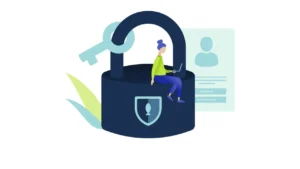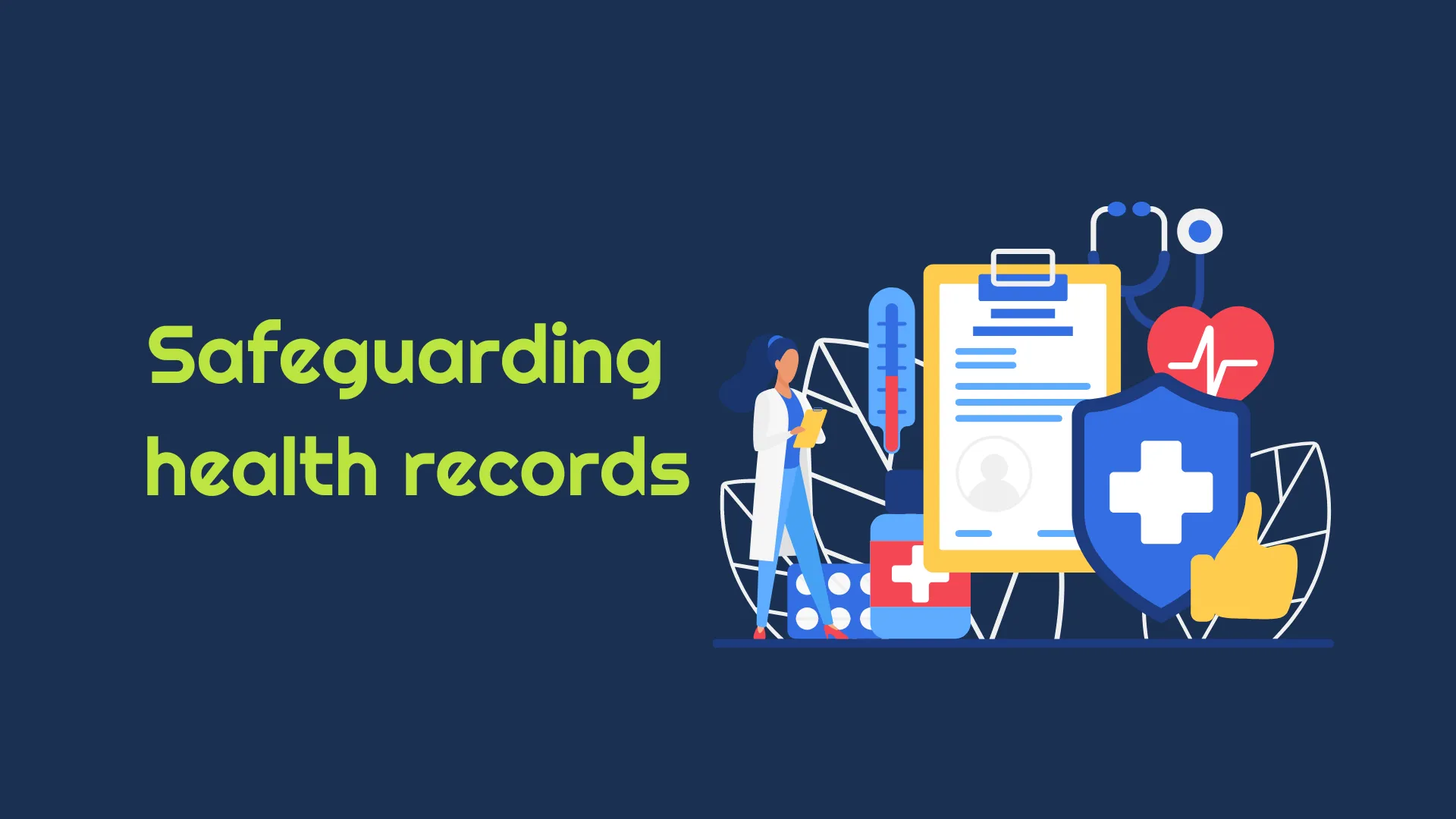The healthcare sector, with it’s vast and sensitive patient data pool, are hugely attractive targets for cyber criminals. These bad actors perceive patient health records as a gold mine, ripe for exploiting personally identifiable information (PII) and other confidential data.
Looking at this from a data point of view, a patient’s health record is more than medical facts; it is a cache of valuable data that can be used for identity theft, insurance fraud, prescription black market fraud, and more. Protecting these records is not only a matter of personal privacy but represents a significant cyber security issue.
![]()
The sensitivity of the information contained in health records makes them more valuable than credit card data on the dark web. Health records contain comprehensive personal details including name, address, insurance information, and medical history. These records, once breached, can cause irreparable damage to a patient’s life, impacting everything from their personal relationships to their financial stability if broadcast to the public or to a blackmailer.
As it becomes more common for health data to be digital, the potential surface area for cyber-attacks expands. This vast attack surface includes not just electronic health records systems but also internet of things (IoT), operational technology (OT) devices and telemedicine platforms. Healthcare providers must invest in cyber security measures that proactively identify and counter threats, rather than reactively patching breaches; namely workforce education on how a breach is likely to start.

For healthcare employees, understanding the importance of cyber security and practicing good digital hygiene are crucial. This could involve simple practices such as creating strong, unique passwords for each system, enabling two-factor authentication, and understanding how to identify phishing attempts, especially sophisticated attempts like BEC (Business email compromise) or VEC (Vendor email compromise). Ensuring that staff receive regular awareness training on the latest cyber security threats and how to recognise them, effectively builds a human firewall against potential attacks. Employees in this sector are usually time poor and under stress of patient care, so this training needs to be as unobtrusive and succinct as possible.
Organisations can implement various measures to secure their networks outside of security awareness training. Maintaining up-to-date software, employing intrusion detection systems, and encrypting sensitive data can reduce the risk of breaches.
Safeguarding patient health records is not only a matter of compliance to applicable privacy laws , but it is also an urgent cyber security matter. A combination of well-informed employees, robust security measures, and continuous vigilance, you can protect the privacy of patients and maintain their trust in your healthcare systems and facilities.
For more information on how we help the health sector secure their systems and data, contact us now for a demo of our training and phishing simulation platform, and how we can support your diverse workforce.

